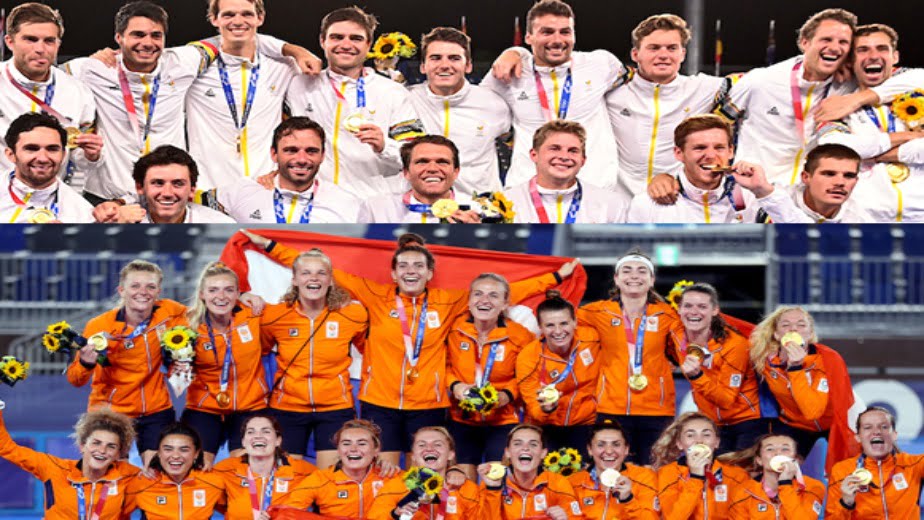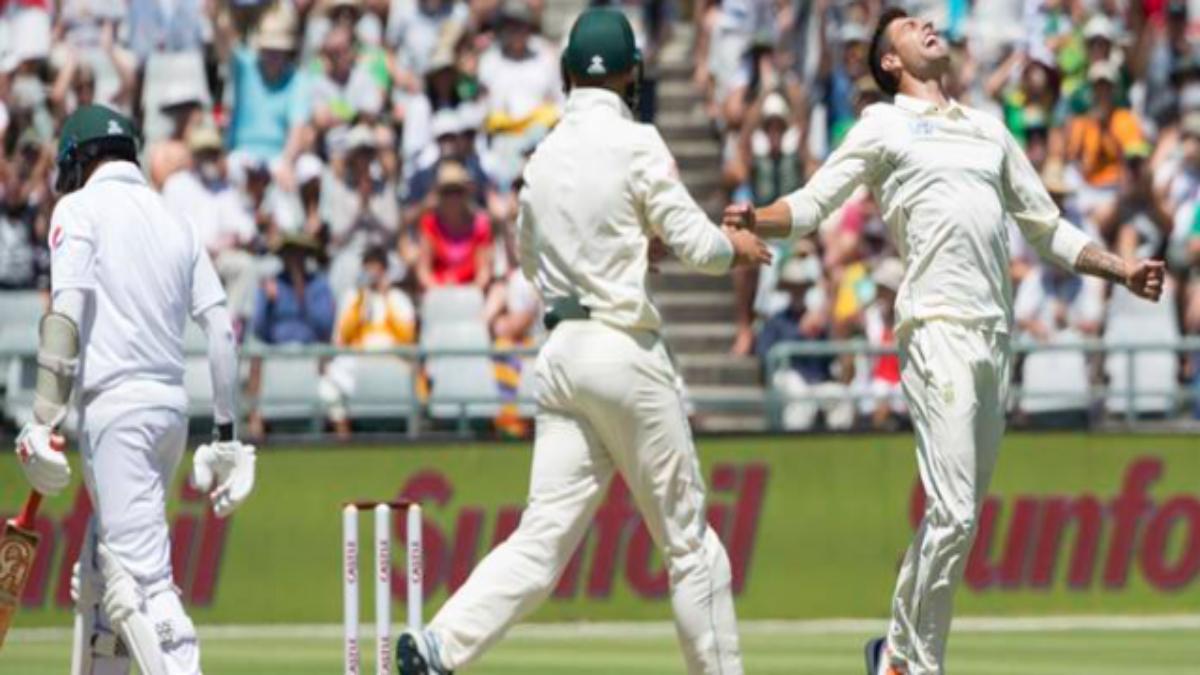(Hockey news): With the end of Olympic Games Tokyo 2020, the men’s team of Belgium and the women’s team of Netherlands finishing on top , there have been many changes in positions in the FIH World Rankings.
For Belgium men, who won the Olympic medal with a thrilling penalty shootout against their close rivals Australia saw them climbing to number one in the world. The victory moved Belgium onto 2716 points, ahead of Australia who are on 2642 points.
India men put on one of their finest performances in recent years, beating Germany in commanding fashion in the bronze medal match. This was India men’s first medal since they last won gold in the 1980 Moscow Olympics. The 41 year wait ended with a bronze medal and victories over Argentina, Japan, Great Britain and Germany in the pool and knockout stages, saw India (2362) move to third in the world rankings, ahead of the Netherlands (2115) in fourth and Germany (2072) in fifth.
Great Britain, whose world rankings are specified as England (1990), remain in sixth position, after they lost to India in the quarter finals, while Argentina (1826) also retain their position at seventh.
New Zealand (1598), Spain (1532) and Canada (1422) are also in the same position following their performances at the Olympic Games Tokyo 2020, but South Africa’s (1413) performance, which included a upset win over the higher ranked German team has moved the African team from 14th to 12th in the FIH World Rankings.
Host nation Japan (1025) dropped one place from 15th to 16th, meaning they changed places with Asian rivals South Korea (1065).
Also read: PM Modi's pep talk after semifinal loss gave a positive energy ahead of bronze medal tie: Manpreet
There is however no change at the very top of the women’s FIH World Rankings where Olympic champions the Netherlands remain firmly in the number one position.
Argentina’s loss in the Olympic final, added with Great Britain’s bronze medal win, saw England (2275), who represent Great Britain in the world rankings, jumped ahead of Argentina (2261), Australia (2234) and Germany (2165) to move to second in the world rankings. The quarter-final losses suffered by Australia to India and Germany to Argentina caused both teams to slip two places down the rankings.
Spain’s (1859) powerful Olympic outing sees the Red Sticks move from eighth to sixth, New Zealand (1721) have travelled in downwards as they fall from fifth to seventh. India’s (1710) performance moved them up to eighth position from 10th, with Belgium (1700) remaining in ninth and China (1651) slipping to 10th.
Ireland’s (1499) failed to make the quarter-finals in Tokyo which saw them slip to 12th.
For host nation Japan (1231) or South Africa (1040) saw them staying in 14th and 16th position respectively.
Tokyo 2020 is the first Olympic Games to take place since the introduction of the match-based rankings calculated model, which came into play in January 2020. The move away from the previous tournament-based system to one where opposing teams exchange points in official matches means that, for the first time, the results of the fixtures in Tokyo will have a direct, real-time effect on FIH World Ranking positions.
How the FIH World Rankings work:
The number of points exchanged depends on the result of the match, the relative ranking of the teams and the importance of the match.
FIH World Rankings explained:
• Based on the Elo rating system, which is used as the basis of many other sports ranking systems
• When two nations play against each other, a number of ranking points are exchanged between them
• In every match, the number of points gained by one team is exactly matched by the number of points lost by the other
• Teams will win more points for beating teams ranked above them, and therefore teams will lose more points for losing to a team ranked below them
• Teams will win less points for beating teams ranked below them, and therefore teams will lose less points for losing to a team ranked above them
• If a draw occurs, the lower ranked team will gain a small number of points and the higher ranked team will lose the same number of points
• The number of points exchanged is dependent on the result of the match (win, lose, shootout win/loss or draw), the importance of the match (part of a major tournament, or a test series for example), and the relative difference in ranking points between the teams before the match.














